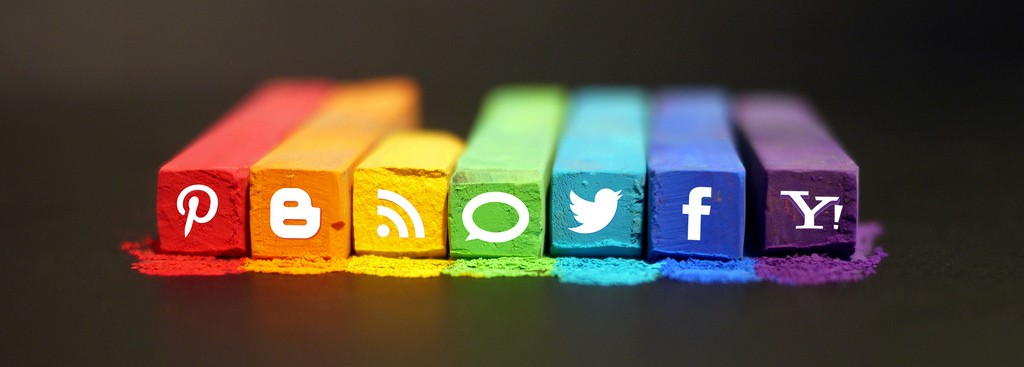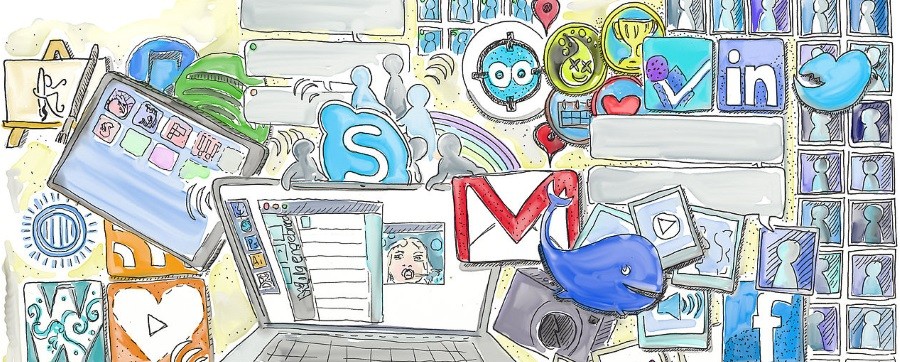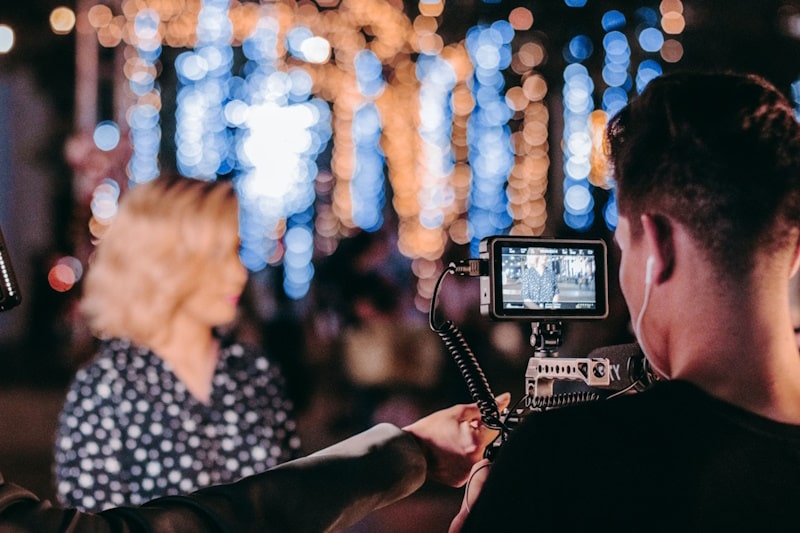
Do Links from Social Media Shares Improve SEO?
Link building has been the subject of much debate in the SEO community this past year, largely stemming from John Mueller's comments that link building is something to stay away from. My perspective is that this quote is somewhat taken out of context - rather than referring to the process of earning and cultivating links, Mueller was referring to the process of manually placing links on external sites, like blogs and forums.
Links are inarguably necessary for building domain authority and earning higher rankings, so there must be some way to earn more of them in a way that even Mueller would approve of.
The "proper" or "modern" way to build links is to create original, informative, insightful content, then syndicate that content to the widest audience you can. If people like your content, they’ll link to them.
If one of your pieces goes viral on social media, you might see your link re-posted many times over by different individuals - but do these social media-based links pass authority in the same way as their domain-rooted counterparts?
How Links Pass Authority

When Google looks at a link pointing back to your domain, it doesn’t just see a link - if it did, any and all links would carry the same value, and that would lead to a flood of link spamming. Instead, Google evaluates the entire atmosphere around the link:
The authoritativeness of the domain the link is on factors into how much authority is passed.
The relevance of the source domain to the linked domain is considered - links to irrelevant or highly removed industries are sometimes considered to be spam or of lower authority.
The anchor text of a link is considered, and any links anchored in blatant keywords are at risk for earning a manual or algorithmic penalty.
The diversity of links is considered - too many links on one source or too many links pointing only to one page (like a homepage) are considered a red flag.
The relevance of the link to the conversation is also considered - links placed out of context not only create a poor user experience for readers, they are at risk for being penalized.
Of these five major link quality considerations (there are more, but these are the biggest ones), two deal with the source domain of the link. On social media, the source domain would be "Facebook" or "Twitter" - the core platform, rather than the individual linking to it. So by nature, social links must be considered under a separate set of criteria.
The Problems With Social Media Links
There’s nothing wrong with social media links - they certainly can’t hurt you - but there are a few things preventing them from passing authority to your site.

Personal identity can’t carry much authority. As of today, social media profiles can’t be evaluated for expertise, authority, or trustworthiness the way a domain can. Even influencers are hard to evaluate.
Context is hard to identify. When sharing a story on social media, most of the original text (and the accompanying link) is copied and pasted to your account. The context of this link, or of this share, is hard to identify.
Links are easy to exchange and post. A user can easily share a story with one click, as opposed to deliberately citing the story in a piece that he/she writes in the future. Because social links are easier to exchange, they inherently hold less value.
There are many types of link sharing. Namely, someone reading the article on your site and sharing it on social media isn’t the same as someone seeing the article on social media and re-sharing it.
This isn’t to say that social links can’t have a positive effect on your page authority, however.
The Effects of Social Media Signals
Social signals are a real - albeit minor - factor in your search rankings. All social media links themselves are nofollow links, which means Google doesn’t consider link authority to pass from them, but if someone shares an article directly from your site, that can measure as an indication to Google that the article is valuable or helpful.

In short, getting lots of shares from your website can be valuable in increasing your content’s perceived value, but getting lots of shares on social media alone can’t help you much.
Indirect Effects of Greater Link Distribution
It’s also worth considering the indirect effects of increased social distribution. If you get 1,000 shares of an article on social media, you won’t get the authority equivalent of 1,000 links.
However, you’ll get many more sets of eyes on your content, and that means many more chances to earn a link that actually matters (and don’t neglect the value of the traffic itself). You’ll also earn more followers, who in turn will be more likely to link to you and share your material in the future, creating a compounding network of correlated effects.
The Bottom Line
The short answer is no, social media links have no bearing on your search ranking directly. However, earning shares on social media can help increase your website’s authority and search rankings indirectly.
With more people seeing and reading your content, you’ll have more chances to earn inbound links, and a greater ability to entice new readers in the future. Accordingly, it’s in your best interest to maximize your social reach potential by syndicating your content regularly and engaging with your audience - even if the effects are indirect, they’re still measurable in the long-term.
Note: The opinions expressed in this article are the views of the author, and not necessarily the views of Caphyon, its staff, or its partners.
Article by
Jayson DeMers
Jayson DeMers is the founder & CEO of EmailAnalytics, a productivity tool that connects to your Gmail or G Suite account and visualizes your email activity - or that of your employees. Follow him on Twitter or LinkedIn.
stay in the loop





